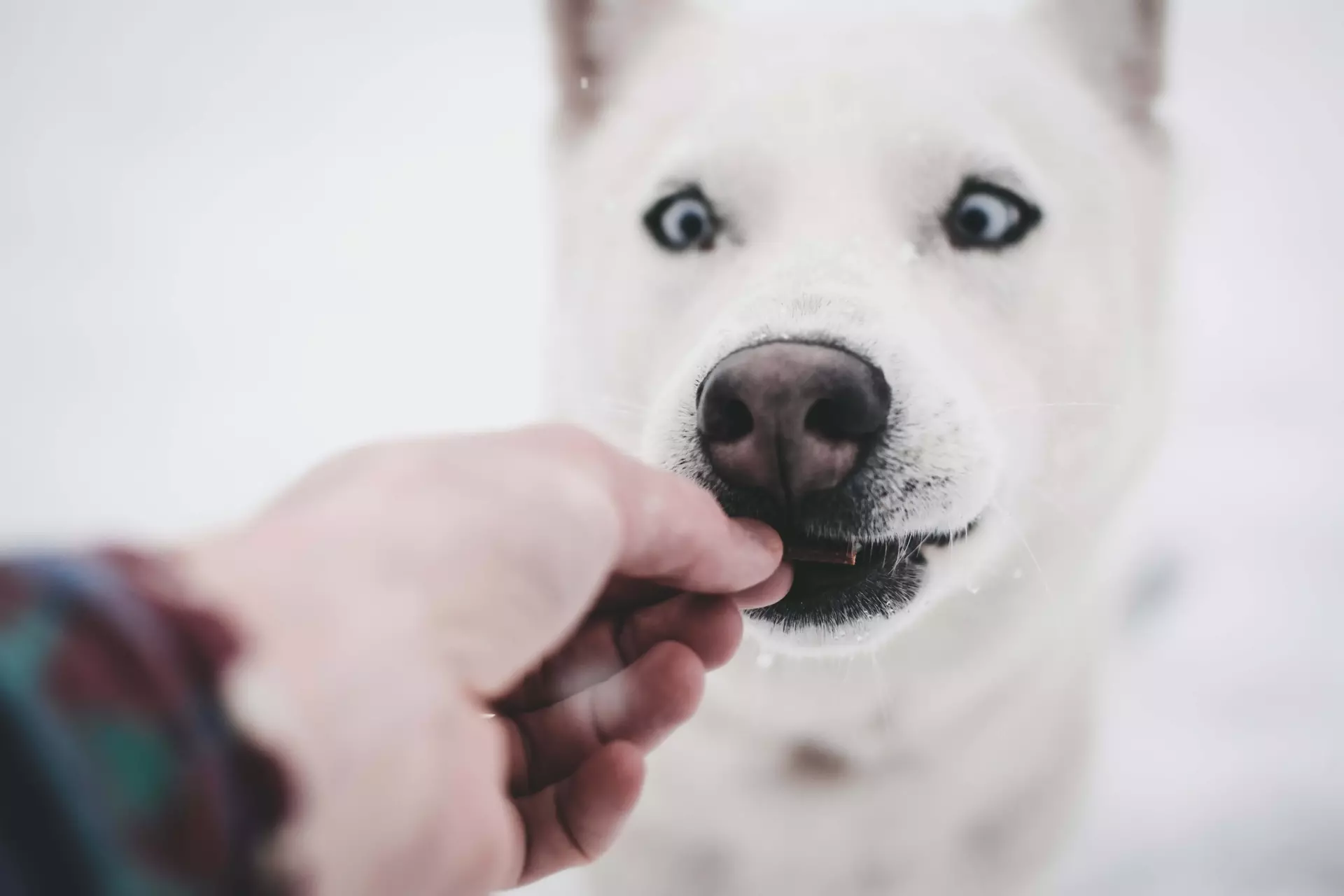Did you know that approximately 1% of our furry pals develop diabetes at some time in their lives? Diabetes is less common in pets than in humans, although it is not uncommon. In this piece, a local Aldergrove, BC Canada veterinarian discusses some basic diabetic information for pets.
What is Diabetes Mellitus?
Diabetes is essentially the same in humans and pets. It occurs when the pet’s body is unable to effectively metabolize glucose, which is required to fuel the body. Here’s where insulin comes into play. Insulin governs the mechanism by which glucose is converted into fuel. When that process goes wrong, it causes havoc, and can be very hard on your pet’s health.
As you may be aware, there are two types of diabetes.
- Type 1 insulin deficiency diabetes occurs when the body does not create insulin. This is usually caused by pancreatic injury or malfunctioning. If Fido develops this type of diabetes, he will require daily insulin injections. This is the more common variety among our canine companions.
- Type 2 diabetes is characterized by the body’s inability to adequately utilize insulin. In rare circumstances, the dog’s pancreas generates some insulin, but it is either insufficient or the cells are unable to properly digest it. This is especially common in dogs that are overweight or in their elderly years. It is also the most prevalent type among cats.
Both sorts eventually cause the body to starve for energy, regardless of what the pet ate. The disorder also causes a buildup of sugar in the blood, even though the cells require glucose. The body will then begin to metabolize both fat and protein. That can be really harmful. Elevated glucose levels are likewise hazardous and can result in serious organ damage.
Contact your Aldergrove, BC Canada veterinarian for further information.
What Are the Health Risks of Diabetes?
Diabetes can result in a variety of secondary health issues, some of which are life-threatening. These include cataracts, liver difficulties, kidney problems, and seizures. Then there’s ketoacidosis, which is quite dangerous. When the body is actually famished for sustenance, regardless of the amount of glucose in the blood, it begins to break down fat and protein. This creates ketones. You’ve likely already heard the term ‘ketosis’ a lot, as it is the foundation of the keto diet. However, whereas low quantities of ketone bodies in the blood are healthy, higher levels are anything but. In fact, they can wreak havoc in the body. They cause the blood to become more acidic, disrupting the electrolyte balance. This leads to dehydration. As the problem continues, it may cause enlargement of brain cells, organ failure, and impaired muscle function. Ketoacidosis can be fatal if not addressed.
Ask your Aldergrove, BC Canada veterinarian for more information.
What Are The Risk Factors For Diabetes In Pets?
Pets can get diabetes at any time in their life. There are several clear risk factors, though. Breed is one. Certain dog breeds are particularly vulnerable. Dachshund, Poodle, Cocker Spaniel, Bichon Frise, Miniature Schnauzer, Labrador Retriever, Pomeranian, Keeshond, and Samoyed are all on that list. With kitties, the Tonkinese, Norwegian Forest, and Burmese cats are particularly vulnerable.
Of course, given the prevalence of obesity, any pet who is at high risk of becoming obese is equally in danger.
- Obesity
- Pregnancy
- Pancreatic illness.
- Hypothyroidism
- Kidney Disease.
- Dental disease.
- Urinary tract infections.
- Skin Infections
- Steroids
Amyloidosis would also put cats at risk. Hypothyroidism, renal failure, and Cushing’s disease are also additional risk factors for dogs.
How Can I Care for My Diabetic Pet?
If Fido and Fluffy are diagnosed with diabetes, they will most likely need special care for the remainder of their lives. However, there is no reason to panic. In many ways, caring for a diabetic pet will be similar to caring for any other pet. At the end of the day, they need love, good food, and regular veterinary care, just like any other pet.
Following a comprehensive evaluation of your pet, your veterinarian will be able to provide particular treatment alternatives. These could include the following:
- Insulin injections: While it may appear scary at first, insulin injections are actually pretty straightforward. Once you and your pet are accustomed to the routine, it may just take a few minutes per day.
- Medication: Certain drugs may also help to regulate blood sugar levels.
- Nutrition: Your pet’s nutrition is essential to their overall health. You should feed your dog or cat a high-quality brand that is low in carbs. Portion management is also critical here. Even giving your pet a few extra calories each day can cause weight gain.
It’s also vital to understand what not to feed a diabetic pet. Get in the habit of examining labels. Anything with corn syrup is an immediate no. Products containing sugar or honey are also not suggested. Additionally, you should limit Fido’s intake of fatty foods like peanut butter.
- Exercise: Any good pet care regimen includes proper exercise. Ask your vet for advice.
- Glucose Monitoring: You’ll also need to check your pet’s glucose levels on a regular basis, either through blood, urine, or both.
- Watching for Symptoms: It’s also crucial to keep a watchful eye on your pet. Be especially watchful for indications of hypoglycemia and/or diabetic ketoacidosis. Some of these symptoms include weakness or lethargy, tremors, seizures, uncoordinated motions or unusual walking, sweet-smelling breath, acting more quiet than usual, unwillingness to eat or drink, vomiting, diarrhea, disturbed or quick breathing, cataracts, high blood pressure, and urinary tract infections. If you detect any of these issues, contact your veterinarian straight away.
- Veterinary Care: Pets with diabetes may require more frequent visits to our Aldergrove, BC Canada pet clinic, especially if they have additional health conditions. Follow your veterinarian’s recommended appointment schedule.
Last but not least, you’ll want to keep your pet happy and healthy. Diabetic pets’ purrs and tail wags may be more valuable than those of the average dog or cat!
Contact Our Aldergrove, BC Canada Animal Hospital
Are you looking for a quality vet in your area? Do you need to bring in your dog or cat for a checkup? Contact your nearest Aldergrove, BC Canada animal clinic today!



!Social Media Icons